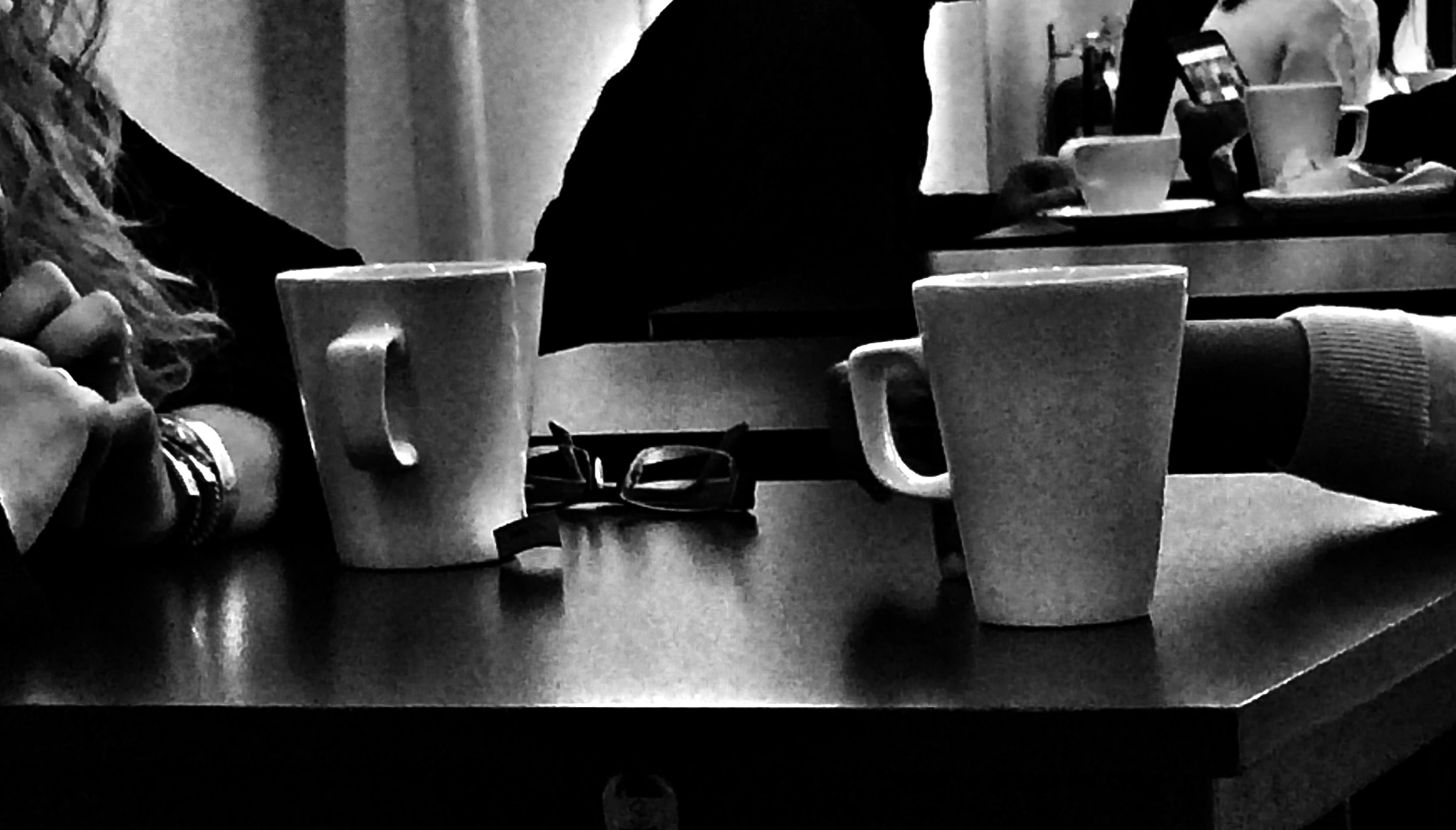If there were only one capability that I might grant my fellow human beings to ensure their wellbeing as individual persons and to enrich their relations with others, I would choose the capacity for restraint. For then, in moments when reactive feelings of fear or anger begin to escalate so steeply as to overwhelm their capacity to notice them for what they are, “run-away emotions,” they might instead recognize this intensity as a call for calm reflection, no matter how brief. It may be a private moment of notice and stepping back, or it may elicit an observation that evokes a shared moment of notice. In either case, we free ourselves to see what is really happening and to examine what the emotions of the moment are about and how to give attention to the matters at hand in an attitude of reasonableness.
Restraint employed in this manner enhances psychological and interpersonal wellbeing by arresting defensive and aggressive dynamics that might otherwise ensue and cause harm, and by allowing us as persons to reassert an internal locus of control rather than being in the throes of external forces. The more we exercise restraint in lower-level moments of strain, the more available it will be when we experience higher intensity moments of strain. Restraint of this kind also serves a social and moral purpose by averting rash actions that run contrary to the norms and values that we all generally agree make for a better society. In this respect, restraint promotes civility and propriety. I use the latter, “old fashioned” word as defined by Wendell Berry:
“Its value is in its reference to the fact that we are not alone. The idea of propriety makes an issue of the fittingness of our conduct to our place or circumstances, even to our hopes. . . . We are being measured, in other words, by a standard that we did not make and cannot destroy” (Life is a Miracle).


